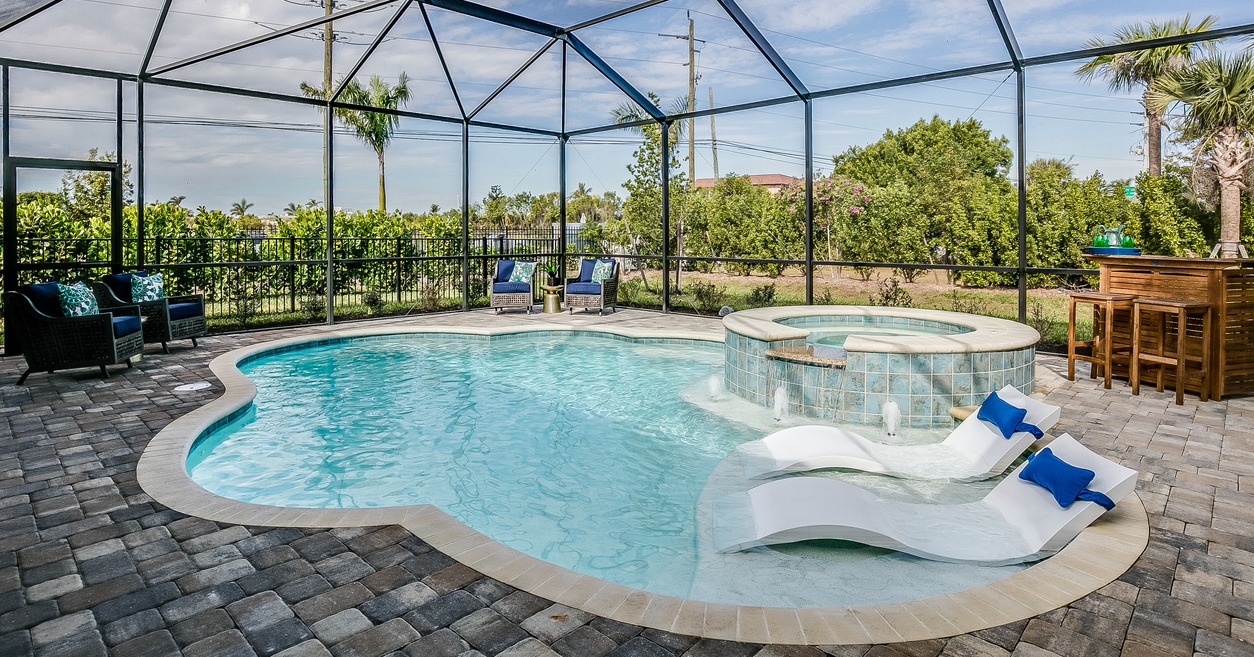Self-Employed and Seeking a Mortgage? No Tax Returns Needed – Use Bank Statements to Qualify
Buying a home when you are self-employed can be tough, but it shouldn’t be impossible.
Here’s the challenge.
If you are self-employed and seeking a mortgage, your tax returns may not show your true income. Whether you are a doctor, lawyer, real estate agent, freelancer or small business owner, you are writing off business expenses, so that when you pay taxes, it is only on ‘taxable income.’ Net taxable income is the ‘adjusted gross income,’ which conventional bank and mortgage lenders will use to qualify loans for self-employed individuals seeking a mortgage.
Fortunately, there are new ways for the self-employed to qualify for a mortgage loan.
Non-Bank Lenders Offer A New Way to Qualify - Bank Statement Mortgage
Now that entrepreneurs and the self-employed represent 30% of our US workforce, non-bank lenders have taken notice.
These lenders now offer a solution, for self-employed mortgage loans.
A new ‘Bank Statement Mortgage’ was designed for the self-employed with a more common-sense approach to qualify. A review of the business income deposited into your bank statements for the last 12 or 24 months is used to reveal a true reflection of your income.
Highlights of a Bank Statement Mortgage
- Loan amounts to $5 million
- Credit scores as low as 620
- Rates starting in the low 5's
- Interest Only payment options for a lower monthly mortgage payment
- NO prepayment penalty and NO PMI
- Flexible terms available, 5/1 & 7/1 ARM and 30 Year fixed rate loans
How to Get a Bank Statement Mortgage
• Step 1: Get Pre-Qualified Before You Start Shopping for Your Home
The most important factor when you’re self-employed and buying a home with a Bank Statement Mortgage is to have a minimum down payment of at least 10%, plus your closing costs, and reserves. Closing costs will vary depending on the purchase price.
• How to Calculate Reserves
Reserves are your cash or liquid assets over and above the down payment and closing costs. Typically, you will need 3 to 12 months of reserves. You calculate the reserve amount needed by taking your projected new monthly mortgage payment, including taxes and insurance and multiplying that by 3 or 12. Your credit score and down payment will determine whether you will need 3, 6, or 12 months for reserves.
• Improving Your Odds for a Loan Approval
- Make sure you provide documentation for proof of self-employment for a minimum of 2 years
- Review your credit report, you will need a minimum of 620 credit score
- Consider a larger down payment, tapping into your IRA or 401(k) may be a smart, long-term solution—just make sure your consult your financial adviser first. Simply put, a large down payment is a lower risk for the lender, and thus equals a lower rate.
Finding a Non-Bank Lender
Each Non-Bank lender has its own criteria for analyzing business income. Therefore, the single most important step in getting qualified for a Bank Statement mortgage is in selecting a loan expert with experienced in income analysis and determining the maximum allowable qualifying income.
Ready to get started? Take the first step and download our free guide, The Ultimate Guide for Self-Employed Bank Statement Mortgages.
More Content For You:
Are You a Self-Employed Borrower? Here's How to Get a Home Loan
Questions?
Click the live chat window on our site or call (888) 677-2526. Our team is ready to assist you!
About HomeLife Mortgage
For more than 25 years, HomeLife Mortgage has built a strong reputation in California and Florida as a leading mortgage broker, servicing the needs of borrowers who have been unable to obtain conventional financing. HomeLife Mortgage is at the forefront of non-bank lending offering the next generation of mortgages including Jumbo Non-Prime Loans, Real Estate Investor Loans, Bank Statement Loans, FHA Loans and VA Loans.







